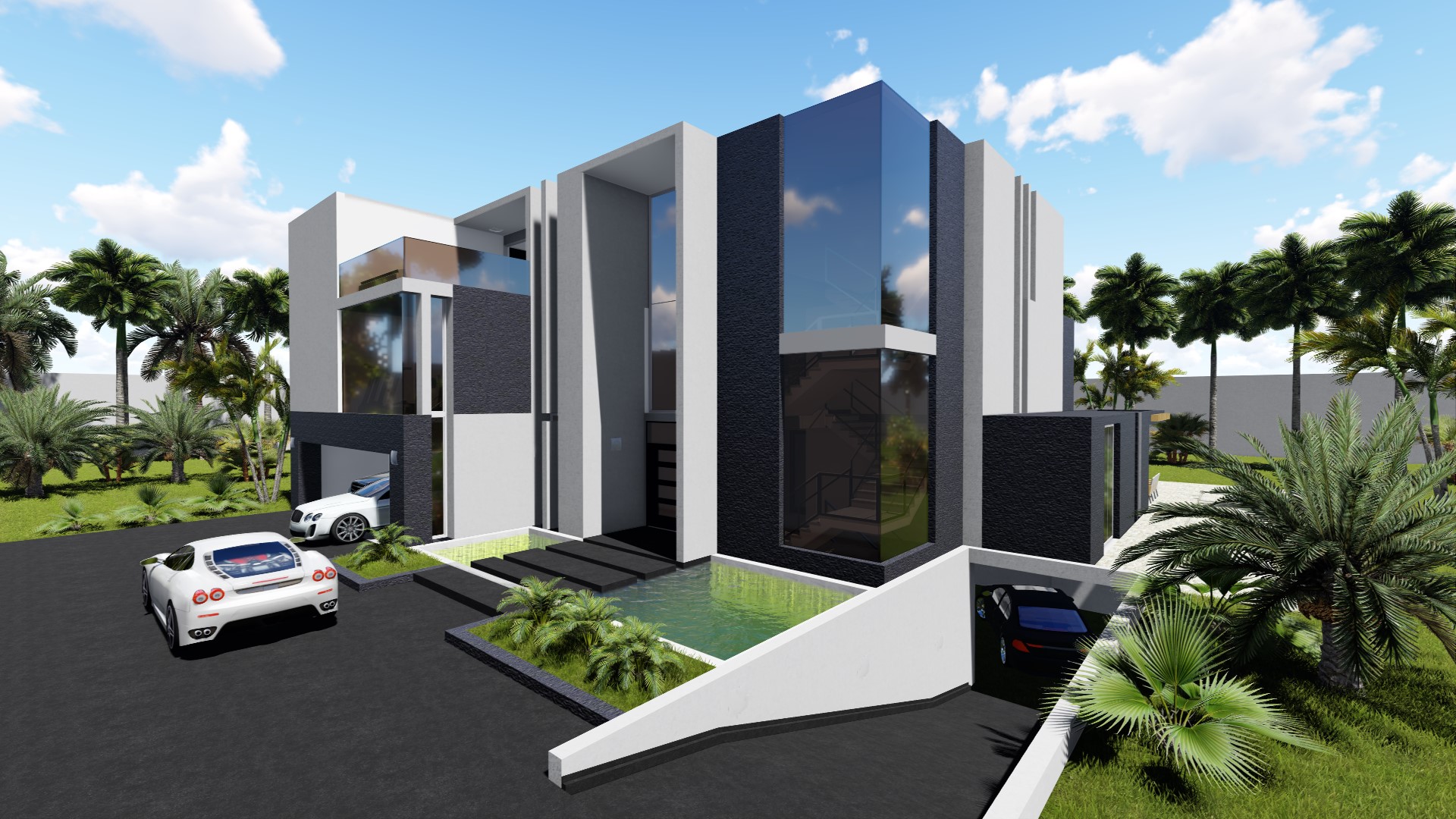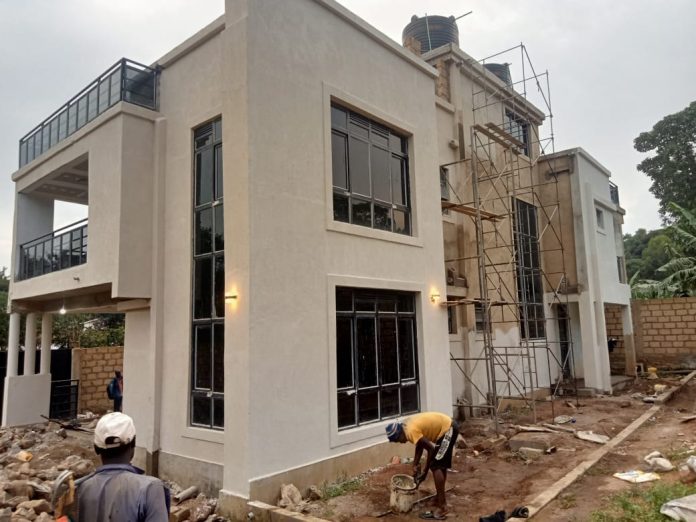By Jared Wafula
Building a home or commercial structure is one of the most significant investments you will make in your lifetime. Whether you’re a homeowner embarking on your dream house or a developer constructing a new office building, one of the first and most important steps is creating a comprehensive building plan. In my years as an architect, I’ve seen firsthand how a solid plan can make all the difference between a smooth, successful project and one that is riddled with delays, cost overruns, and unforeseen complications.
The benefits of a building plan
A well-designed building plan is far more than just a set of blueprints. It is the roadmap that guides the entire project from start to finish. Let’s break down why having a building plan is critical:
Clear vision and scope: A good building plan helps define your project’s goals, objectives, and requirements. It ensures everyone involved — from architects to contractors — is on the same page about what is to be built, where, and how. Without this clarity, it’s easy for a project to veer off course.
Accuracy and precision: Precision in design is essential to avoid costly mistakes. A building plan includes accurate measurements, layouts, and specifications, ensuring that the construction process follows a well-thought-out structure. This level of detail minimizes the risk of errors during construction and guarantees that your vision is executed exactly as intended.

Cost estimation and budgeting: One of the biggest advantages of a building plan is its ability to provide a detailed cost estimate. By outlining the required materials, labor, and construction processes, a building plan helps you create a realistic budget. This allows for better financial planning and ensures there are no unpleasant surprises as the project progresses.
Compliance with regulations: Local building codes, zoning laws, and permit requirements are critical to the success of any project. A thorough building plan ensures that your project complies with all regulations, avoiding legal headaches, fines, or delays in the approval process.
Time management: A well-prepared plan streamlines the entire construction timeline. By establishing clear milestones and deadlines, it helps you stay on track and avoid unnecessary delays. Effective time management is essential for keeping the project within budget and on schedule.
Communication and collaboration: Building a structure requires the expertise of various professionals — architects, engineers, contractors, and other stakeholders. A building plan serves as a central document for all parties involved, facilitating smooth communication and collaboration. This reduces misunderstandings and ensures everyone works toward the same goal.

Risk reduction: Every construction project carries risks. A building plan identifies potential challenges, such as soil instability or structural issues, allowing for proactive solutions to mitigate them. By planning for contingencies, the risks of setbacks, safety concerns, or costly errors are minimized.
Quality control: With a solid plan in place, quality control is far more manageable. It ensures that only high-quality materials are used, and that construction is carried out according to the required standards. The plan also helps in setting benchmarks for quality at each stage of the project.
Sustainability: Today, energy efficiency and eco-friendly design are not just desirable—they’re necessary. A building plan that incorporates sustainable materials and energy-efficient systems will help reduce long-term operational costs and minimize environmental impact.
Future planning: A building plan isn’t just about the present—it should also anticipate the future. A well-designed plan can accommodate potential future expansions or changes, ensuring your space remains adaptable and functional as your needs evolve.
The consequences of not having a building plan
The absence of a proper building plan can lead to serious consequences. Without a clear blueprint, projects are at risk of:
Cost overruns and budget blowouts: Without a detailed estimate, it’s easy for costs to spiral out of control.
Delays and setbacks: A lack of planning leads to poor time management, resulting in project delays and missed deadlines.
Design flaws and structural issues: Without a proper design, you may encounter safety issues or structural problems that could compromise the integrity of the building.

Non-compliance with codes: Failing to meet local building codes and zoning laws can lead to legal complications or the need for costly rework.
Poor construction quality: Substandard materials or lack of oversight can lead to a building that is unsafe or inefficient.
Inefficiency and waste: Without a plan that incorporates sustainability, your building may consume more energy than necessary, leading to higher operational costs.
Liabilities and safety hazards: Unforeseen safety risks could result in accidents, injuries, or even legal liabilities.
Disputes and abandonment: A lack of communication and clarity can lead to disputes between contractors, stakeholders, and even the authorities, causing projects to be delayed or abandoned entirely.
Mr Wafula is an Architect and CEO, Alfeno Group and an expert at the Real Deal Property Show on County Splash TV




